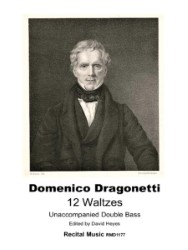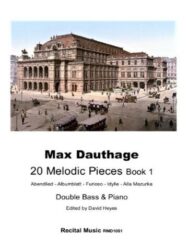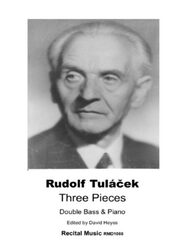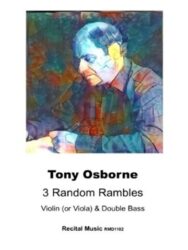Bass Clef Studies Book 2 100 Studies in Minor Keys for Double Bass
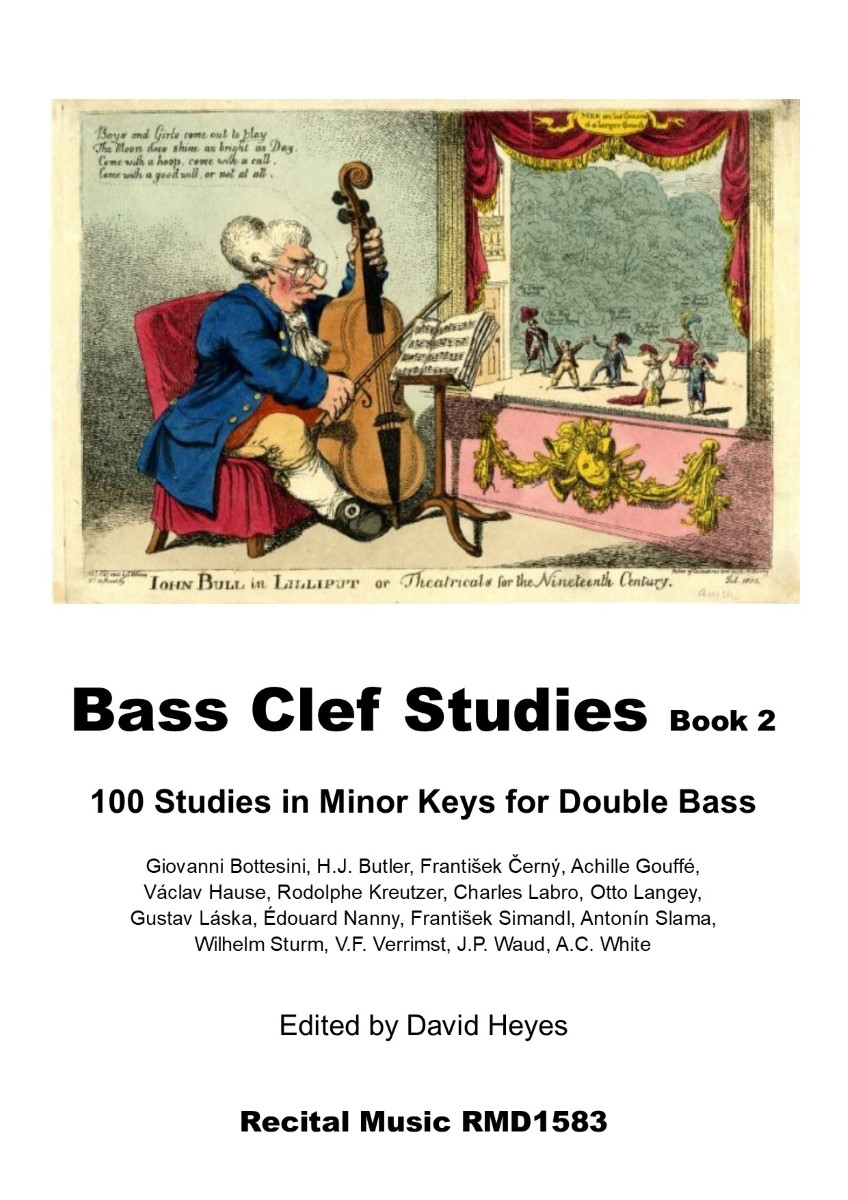
Composer: Various
Instrumentation: Double Bass Solo
Editor: Heyes, David
Publisher Recital Music
Bass Clef Studies Book 2 brings together 100 studies in minor keys by leading double bass pedagogues from the 19th and early 20th-century. Bassist-composers from…
Page ? of ?
Digital Download – PDF
Shipping costs: No shipping
R.R.P £11.50
Our Price: £9.78

